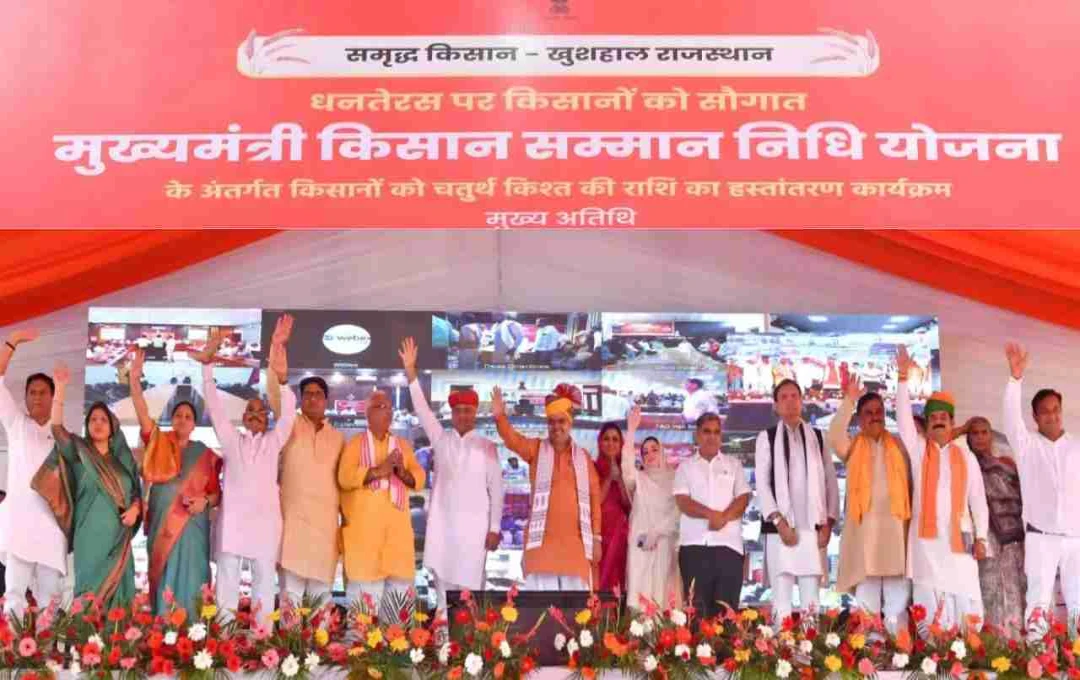Big news is emerging for millions of central government employees and pensioners in the country. Discussions are intensifying regarding the central government's next pay commission, the 8th Pay Commission. This could bring significant relief, especially for pensioners, as a substantial increase in pensions is expected from January 2026.
New Pay Commission Likely to be Implemented from January 2026
The 7th Pay Commission is concluding in December 2025, and expectations for a new pay structure have risen. It is believed that the 8th Pay Commission could be implemented from January 2026. Although no official announcement has been made by the government yet, deliberations have begun in financial and administrative circles.
How Much Could Pensions Increase?
In a recent report, brokerage firm Ambit Capital claimed that pensions could increase by 30 to 34 percent with the implementation of the 8th Pay Commission. This estimate by the brokerage is based on the current pension structure and the potential fitment factor.
Currently, there are approximately 6.8 million central government pensioners in India, exceeding the number of active government employees. Therefore, this increase will directly affect millions of families.
Impact of Dearness Allowance and Fitment Factor
The pension structure is primarily divided into two parts: basic pension and Dearness Allowance (DA). When a new pay commission is implemented, the DA is set to zero with an increase in the basic pay, and the DA is added at a new rate subsequently. The same formula applies to pensions.
There are discussions to increase the fitment factor in the 8th Pay Commission from 3.68 to 4.00, which could lead to an average increase of over 30 percent in pensions.
Increased Expenditure for the Central Government
According to the brokerage firm's report, the implementation of the 8th Pay Commission will put an additional burden of approximately ₹1.8 lakh crore on the central government. This includes expenses for both salaries and pensions. Past experiences indicate that a significant increase occurs in the government's salary and pension budget after the implementation of each pay commission.
When the 7th Pay Commission was implemented in 2016, the government's pension liabilities increased by more than a third. However, this was a relatively lower increase compared to 2010.
How Much Did Salaries and Pensions Increase Last Time?
Under the 7th Pay Commission, the fitment factor for central government employees and pensioners was set at 2.57. Based on this, the minimum salary was increased from ₹7,000 to ₹18,000. Pensions were also increased in the same proportion.
It is now expected that in the 8th Pay Commission, this fitment factor could be 3.68 or higher, which could lead to a minimum salary of ₹26,000 and pensions will increase in the same proportion.
What is a Pay Commission?
A Pay Commission is an independent body constituted by the central government with the aim of re-evaluating the pay and allowances structure of government employees. It reviews the salaries, pensions, allowances, and service-related facilities of government employees, officers, and pensioners.
To date, 7 pay commissions have been formed in India, and each commission has made changes and recommendations in the pay structure based on its reports.
Who Will Benefit?
The 8th Pay Commission will directly affect central government employees, central government pensioners, paramilitary forces, and defense personnel. In addition, state governments also make changes to their structures by using the recommendations of the central pay commission as a basis for their employees. Therefore, the scope of the 8th Pay Commission's recommendations will be much broader.















